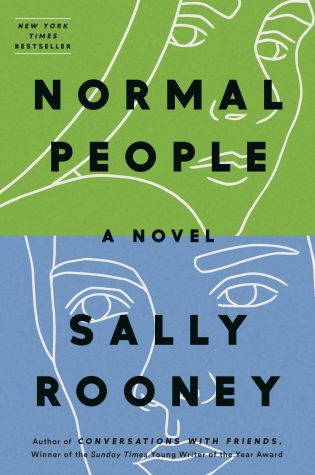Red meat and health, a positive impact
October 25, 2018
According to the United States Department of Agriculture (USDA), meat lovers will end up eating about 222 pounds of red meat by the end of 2018. Meat surrounds us from all our favorite restaurants, the media and in our home.
That being said, there are side effects of everything we put in our body, including the somewhat controversial red meat. Reports regarding the higher chance of cancer and other health concerns associated with the high amounts of red meat consumption are prevalent, yet as with everything there are pros and cons.
According to the website Healthline, certain red meats are rich in vitamins and proteins but these vitamins can still be found in white meats such as chicken and fish. Red meat is high in saturated fats and high in cholesterol. There is also a high association with colorectal cancer. Additionally, the website describes that there are many “types of meats ranging from processed meats (sausages & bacon) to conventional red meats (lamb, beef, pork, etc.) to white meat (chicken & turkey) and grass-fed/organic meat (naturally raised without drugs and hormones).”
Jasmine Obiacoro, who has been a vegan for two and a half years, has been consistently asked where she gets her protein. “A non-vegan’s concern for protein is embedded through the myth that meat consumption correlates to protein,” said Obiacoro. “When in fact, it is their food’s food that is giving them protein when they eat meat. Greens and vegetables have richer and higher amounts of protein and create more sustenance to the body than meat alone can.”
Most of the studies referring to the health effects of red meat are observational studies. There are many observational studies that have shown that there is a higher chance of cardiovascular disease, cancer, and death when consuming red meat.
“The dose-response relationships were estimated using data from red and processed meat intake categories in each study. Random-effects models were used to calculate pooled relative risks and 95 percent confidence intervals and to incorporate between-study variations,” according to PubMed website which is run by U.S. National Library of Medicine.
“Since I stopped eating meat, I have felt less bloated, with more energy, and don’t have heartburn like before. Not eating meat may not work for everyone but I have felt a difference… I am now more aware of the treatment of animals in slaughterhouses which helps me continue to not eat meat, ” said Saida Reyes, a new pescatarian.
However, the association of red meat to cancer does not necessarily mean it is a direct cause by it. The American Cancer Society’s California Cancer Facts & Figures of 2017 continues to say, “If someone wants to reduce their risk of cancer it is recommend that they avoid tobacco, do regular exercise, maintain a healthy weight, eat a mostly plant based diet, consume wide range of vegetables and fruits, whole grains, and reduce the amount of red or processed meat in their diet that is consumed.” It’s been said before, and I will reiterate: in order to keep ourselves healthy, we must keep what we put in our bodies in check and that should include red meat.>
















